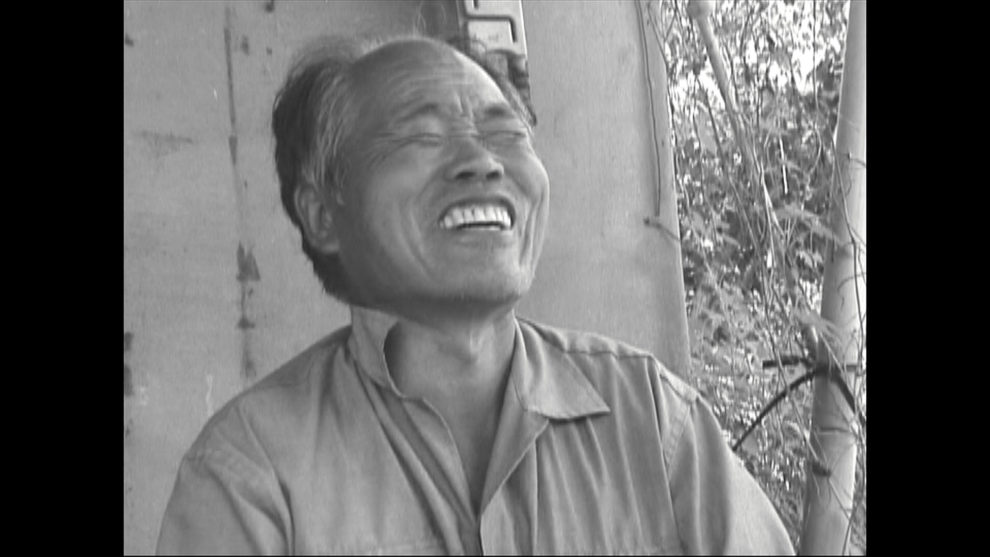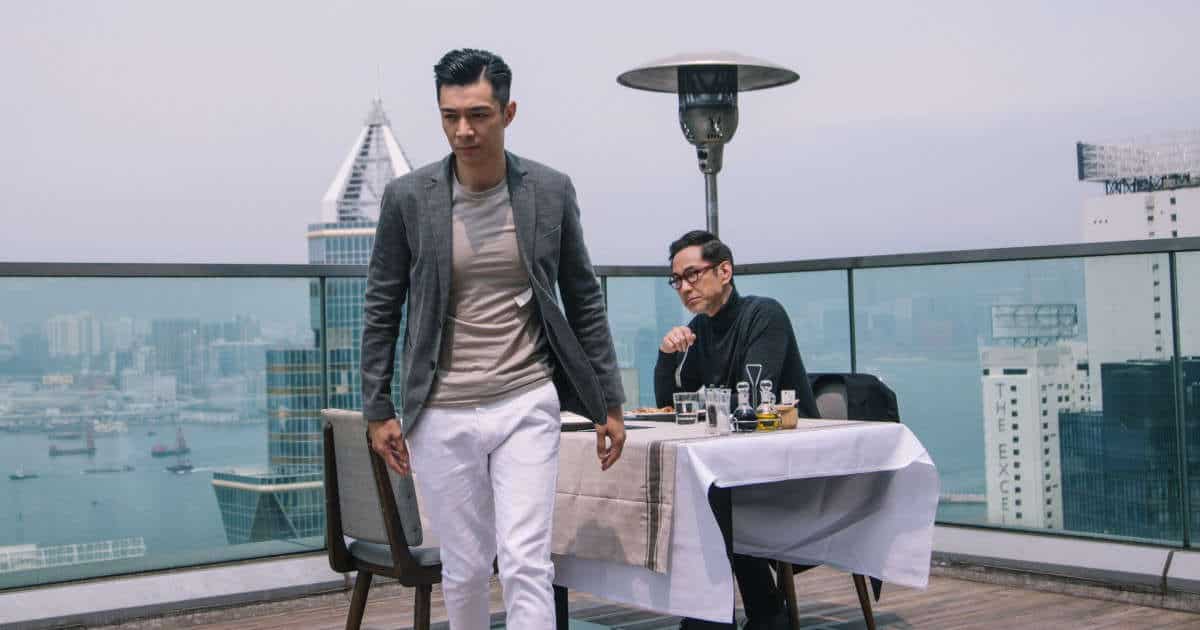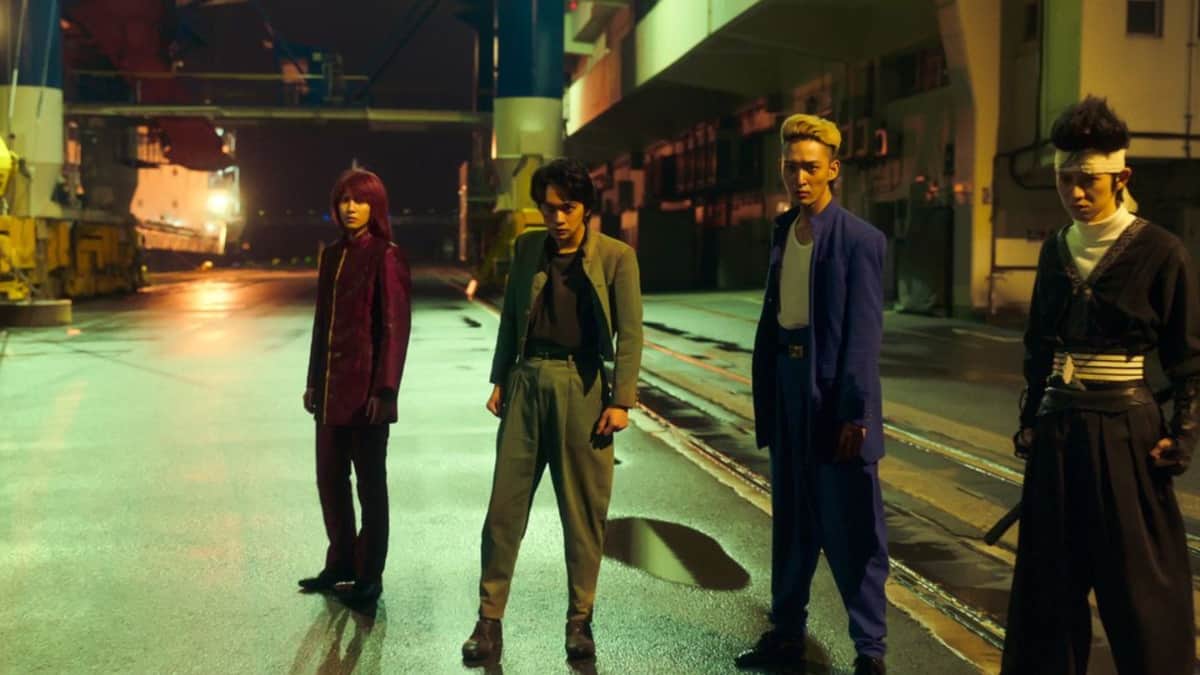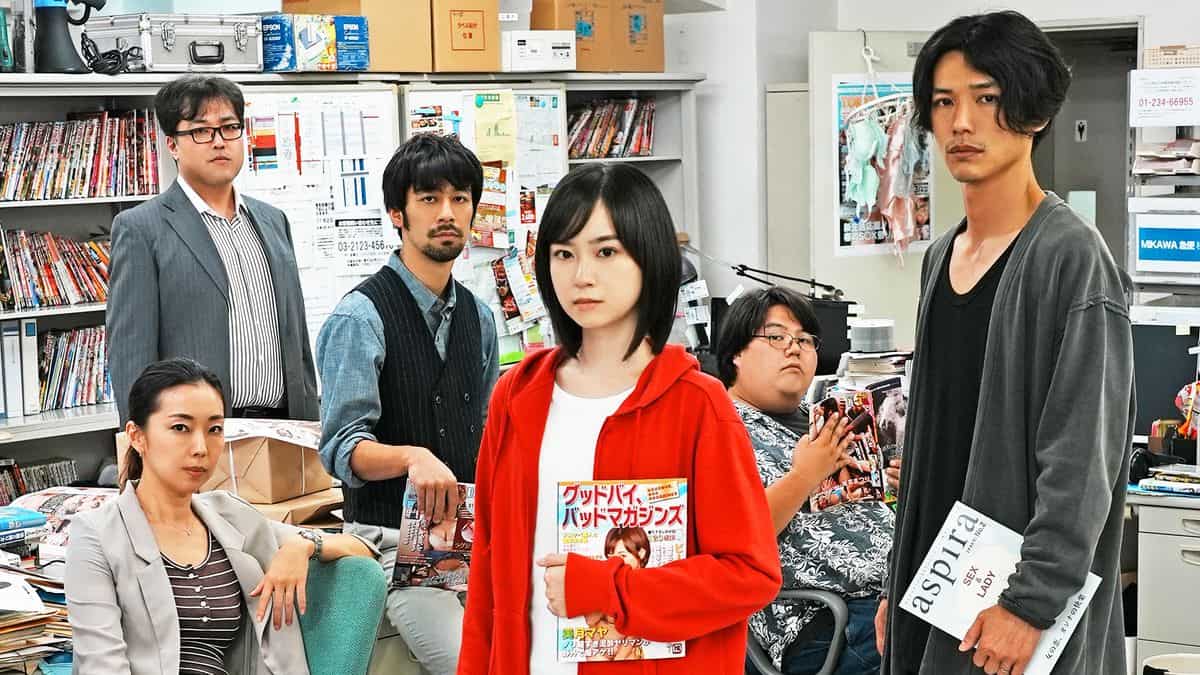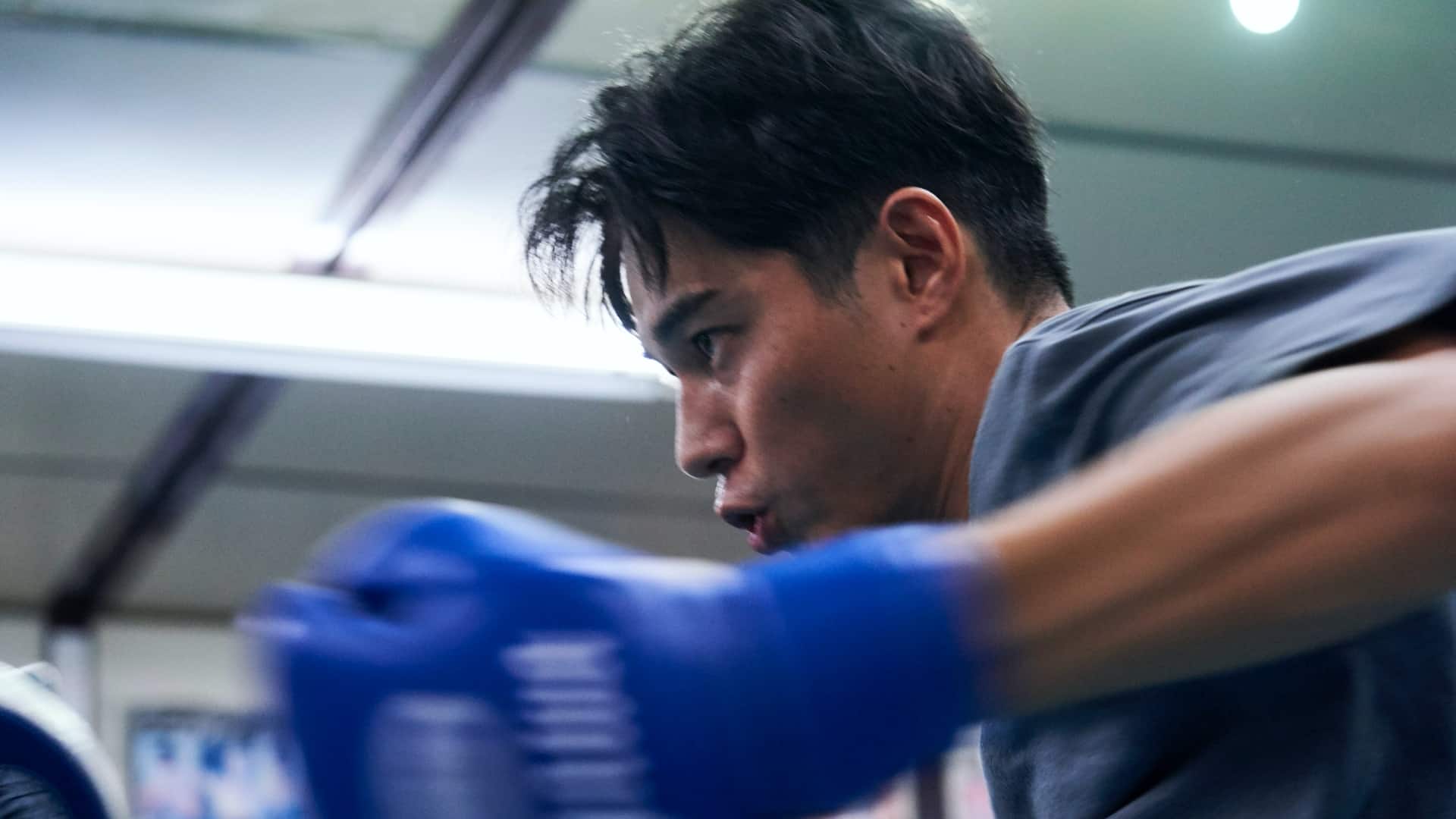Politics is unwieldy, stubborn and so are ideologies. They can be cold, cutting and resistant to change. But not people. People are different. They could be, to a certain extent, a receptacle of the things they believe in. But they can also be more than that. They could be a collection of fights, desires, frailties.
The 2nd Repatriation is screening at London Korean Film Festival
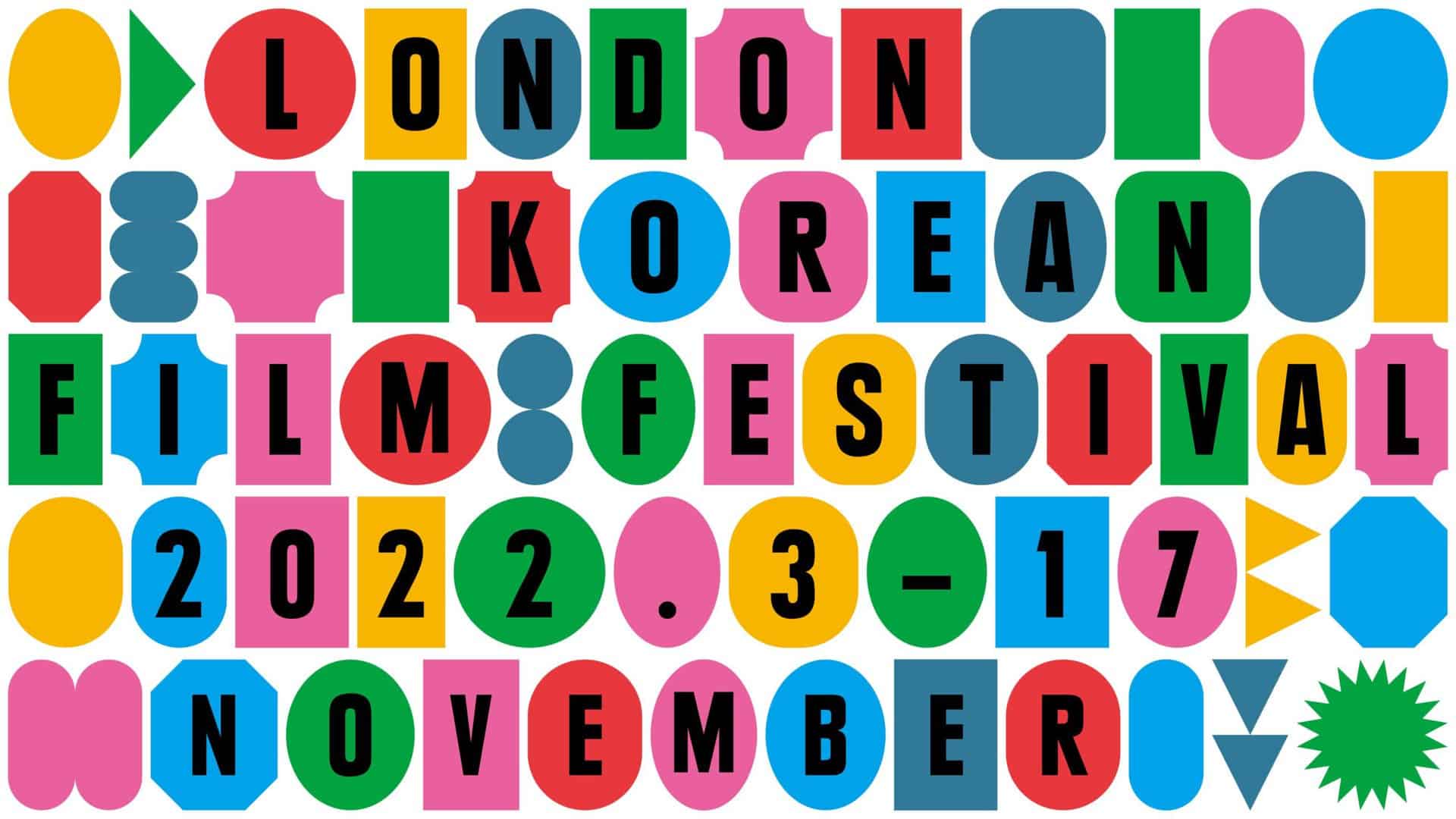
“The 2nd Repatriation” shows this via chronicling the moments and realizations that uncoverted long-term prisoners had while waiting for the chance to be sent back to North Korea. They have been called uncoverted as they refused to renounce the state's ideology. Prior to them, 63 others have already been able to return to Pyongyang, a momentous event that Kim did a deep dive on in “Repatriation,” his first documentary on the same issue, released in 2003.
For his follow-up documentary, however, Dong-won did not only lend a historical context to the complex issue, he also entwined very personal aspects of the subject and even of himself. The approach made the waiting for the second repatriation akin to an epitasis, one that meanders with various meanings and extends intricate answers to very important questions such as this one – why hasn't the second repatriation taken place after all these years?
Geopolitics, deep-seated, lingering social cynicism and a lack of policy reciprocity have kept it from happening, definitely. But while it is to be expected that these institutional and social factors would be touched on and unpacked, what makes Kim's documentary more rich and insightful is its effortless probing of the very human considerations of the prisoners, developments and deviations that have resulted into their own shift in perspectives. It is not only the external barriers and political expediencies that have stopped them from going home – it's their changing definition of home and purpose too, to a certain extent, which have kept them from going back.
Kim's storytelling places the viewers in the environs and headspace of the subjects, most particularly that of Kim Young-Shik, who has been imprisoned for 27 years and has already reached his 80s waiting for the second repatriation to happen. The director's camera follows the affable, articulate but intrepid man as he tends to the plants in The House of Gathering, a place in Seoul where unconverted long-term prisoners like him stay. He captures his stints in the public transportation where he walks to and from inside the train and conducts a one-man protest of sorts against the national security law. The visuals and the encounters are all so raw, as Young-shik gets spited by some of the passengers, telling him that he doesn't know what he's talking about, calling for the abolition of the said law when he has not experienced the same suffering they had under Communist rule.
What's interesting is that the director gets a similar criticism from Young-shik himself for his previous film. While “Repatriation” talks in length about their experiences, the octogenarian describes the documentary as incomplete if not shallow, as it did not explore the causes of the Korean War and the failed attempts behind the unification of North and South Korea. He sees it as a very detached scrutiny of an aspiration the documentary filmmaker does not have a personal investment on. This is where Kim shifts the setting and the conversation to his own history, a story of a family which did experience Communism, has roots in North Korea and has ambitions and goals that were shaped and defined by it.
The documentary then transforms into an inviting introspection while still serving as a fiery critique of local and foreign politics and of the society as a whole, even of the Jeonju International Film Festival, which has given “The 2nd Repatriation” the best documentary award. “The 2nd Repatriation” is a very unpretentious, personal take on a divisive issue, with the division palpable not only between the states but also within oneself.


